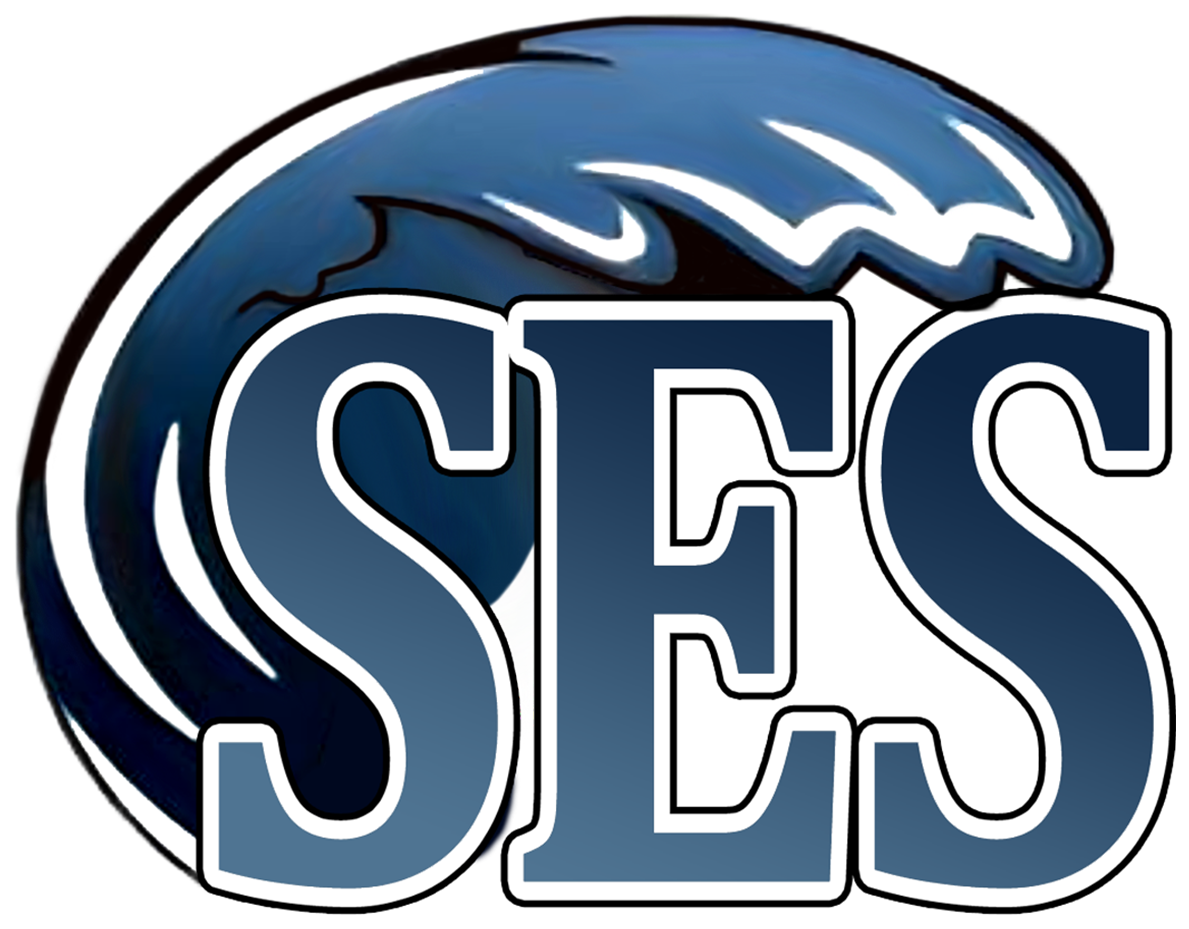Nurse
Notes from Nurse Donna Highsmith
Parents are required to provide the school with updated emergency contact information each time there is a change in address or phone information, both for home and work. Please contact the Smiley office (912-545-2147) to change information.
PERSCRIPTION/NON-PERSCRIPTION DRUG
Any parent who wishes his/her child to take any form of medication at school must adhere to the following procedures:
Medication permission forms must be filled out. Forms are available in the school clinic.
The medication must be in the original prescription container with clear and precise labeling that matches the written order from the doctor.
The medication must have been prescribed for the student who is to take it.
The medication must be brought to school by the parent or guardian. Students are not allowed to carry medications with them.
Medications must have been given to the child at least 24 hours prior to being given at school by the school nurse. Please inform the nurse of any side effects that could occur.
Over the counter medications will be given when a note and the medication has been brought in to the school nurse by the parent/guardian with instructions as to how much of the medication to give and what time the medication should be given.
The school must be provided with telephone numbers, addresses, doctor's name, and/or any information pertinent to the health and safety of the student.
COMMON ILLNESSES:
Fever: When your child is sent to the school clinic feeling ill, the nurse will check your child’s temperature and assess his/her complaints. If your child has a temperature of 100 degrees or above, you will be requested to pick your child up from school. Temperatures may lower in the morning and fever may occur again in the afternoon. With a fever, your child’s immune system is lowered, and he/she is more susceptible to other infections. Children should be fever free (below 100 degrees) for 24 hours without fever medication before returning to school.
Vomiting: If your child vomits during the night, do not send him/her to school the next day if nausea continues. He/she could be contagious to other students.
Diarrhea: Loose stools have many causes. Children may return to school when their movements have returned to a normal consistency for 24 hours without diarrhea medication. If diarrhea persists or is accompanied by other symptoms, consult your doctor.
Colds: Colds and runny noses are common in the school setting. As long as there is no fever or discomfort, the child may go to school. If the cold is accompanied by thick, discolored drainage, your child must stay home since this may indicate a bacterial infection and he/she may be contagious and need antibiotics.
Earache: Hearing is an important sense for learning, so never ignore an earache. Keep your child home and contact your doctor. If an earache is accompanied by THUNDER (Temperature, Hearing loss, Uncomfortable, No appetite, Drainage, Ear pulling, Real fussy mood), notify your doctor immediately.
Contagious Infections and Infestations: Conditions such as head lice, scabies, impetigo, ringworm, and pink eye (conjunctivitis) must be properly treated and shown to be noncontagious before the child returns to school. A doctor’s note or verification of treatment must be taken to the school nurse before the child returns to class.
Rashes: If your child has any type of rash that may be disease related or you do not know the cause, check with your family physician before sending him/her to school. A doctor’s note is required upon his/her return to school.
Note to Parents: If your child is vomiting or has diarrhea, an unexplained rash, illness or injury that cannot be handled at school, you will be asked to pick him/her up. If upon visiting the school nurse, there are no obvious signs of illness, he/she will be asked to return to class and come back as needed. Often minor aches and complaints do subside after a visit to the school clinic. If your child needs special consideration (due to recent illness, injury, or unusual stress), please let us know by calling or sending a note to school.
INJURY
Accidents requiring minor first aid are handled by the school nurse or health designee. In the event of a major accident or serious illness, the school will make every effort to contact the parent/guardian, as listed in our records. The Emerency Medical Services will be activated in the event of a medical emergency. The EMS will determine if transport to the hospital is needed.
Parents are responsible for cost of medical treatments and services provided outside the school.
